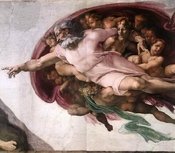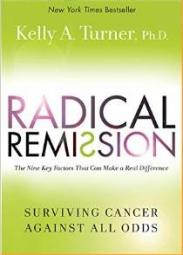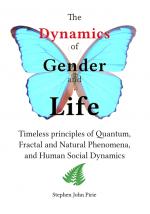Background
Modern science is still almost entirely based on 17th century concepts that physical movement is perfectly smooth and continuous.
This continuity of movement implies continuity of operation (of the world we experience) which naturally induced the perception that our universe (and our bodies) operated like a clockwork machine. This machine-world view was the impetus for the Industrial Revolution which resulted in many beneficial technologies (aircraft, automobiles, etc).
I was dialoguing with members of a "systems thinking" group who it seems are all left-brained, mechanical-universe thinkers who believe that there's no metaphysical dimension to life. It's all just physical stuff.
 While at a social function recently I got chatting with some religious people who started to talk about how we're all 'fallen', sinners in need of saving, and how we're all needing His forgiveness, and so on.
While at a social function recently I got chatting with some religious people who started to talk about how we're all 'fallen', sinners in need of saving, and how we're all needing His forgiveness, and so on.
Recently I was reading an interesting book, and it advised one to wake early one morning (in the dead of night, around the 3.30am mark) and quietly ask what is really important in one's life. As was explained in my Letting go post, I've drifted in recent years, not exactly sure how I can best be of benefit and service to people.
Yesterday had an interesting, somewhat intense discussion with someone who confessed to being a Christian.
It seems to me there are some very simple, fundamental errors in thinking by Christians (as a general rule — and don't get me started on rules, systems, probabilities, and individuality. "We're all individuals" yeah, yeah, I'm not. Kudos to Monty Python. But i digress).
[update, October, 2016: see below]
Over the years I've come to more fully appreciate the extent to which many people seek refuge in illusory ideals ... be it religious perfection, or scientific certainty.
Last night while enjoying a wonderful dinner I had the pleasure of engaging conversation with a number of intelligent men on matters philosophical.
It became evident that some held beliefs that were rooted in the ideal of perfection: the age-old belief that when we get 'over there' or perhaps 'up there' everything will be 'perfect' (at which time, we'll have 'transcended' the troubling, fault-ridden ego).

 While at a social function recently I got chatting with some religious people who started to talk about how we're all 'fallen', sinners in need of saving, and how we're all needing His forgiveness, and so on.
While at a social function recently I got chatting with some religious people who started to talk about how we're all 'fallen', sinners in need of saving, and how we're all needing His forgiveness, and so on.
